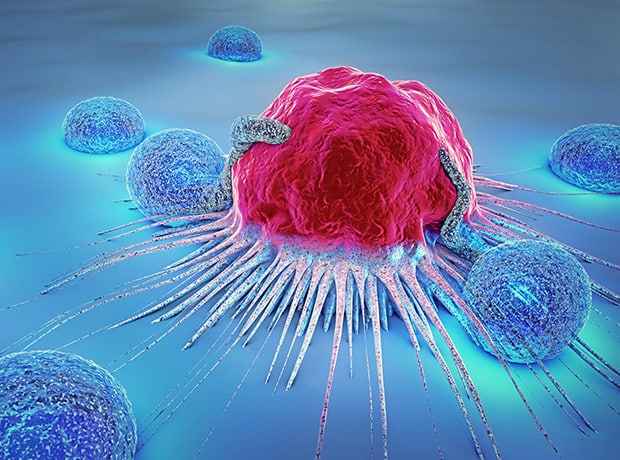Positive clinical data from phase 1 study presented at ASCO annual meeting
invoX Pharma Limited has presented updated findings from its phase 1 study of FS222, showcasing significant anti-tumour activity in patients with advanced solid tumours.
The data, revealed at the 2024 American Society of Clinical Oncology Annual Meeting, highlights FS222’s potential as a ground-breaking treatment option.
FS222, a CD137/PD-L1 bispecific antibody, is part of invoX’s innovative product pipeline. The phase 1 trial involved 100 subjects and aimed to establish the drug’s safety and maximum tolerated dose. The study also assessed FS222’s anti-tumour activity, pharmacokinetics, and pharmacodynamics.
The treatment, administered every four weeks, led to increased T cell proliferation and CD8+ T cell infiltration within tumours. While treatment-related adverse events were dose-dependent, they remained manageable and reversible.
Dr Elena Garralda, Director of Early Drug Development at Vall d’Hebron University Hospital, commented on the drug’s potential: “While there have been great advances in immuno-oncology research, existing treatments continue to face challenges with response rates and duration of response, especially in treatment-resistant cancer.
She added: “The opportunity to target multiple complementary immune mechanisms with a single agent is very exciting and has significant potential to address an unmet need for patients. These results for FS222 are really encouraging and should be studied further, as they show a promising anti-tumour effect with a manageable safety profile.”
Ben Toogood, CEO of invoX, also shared his optimism: “We are encouraged by these results and are impressed by the preliminary anti-tumour activity observed with FS222, especially in melanoma patients previously treated with a PD-1 antibody.
“There is an urgent need for innovative immuno-oncology treatments for patients with treatment-resistant cancers. We see significant potential for FS222 in this area and will continue to investigate FS222 further, with the aim of providing benefit to patients in the future.”
The study’s findings indicate a disease control rate of 45.0% across all patients, with notable responses in various tumour types, including melanoma, ovarian cancer, and non-small cell lung cancer.





